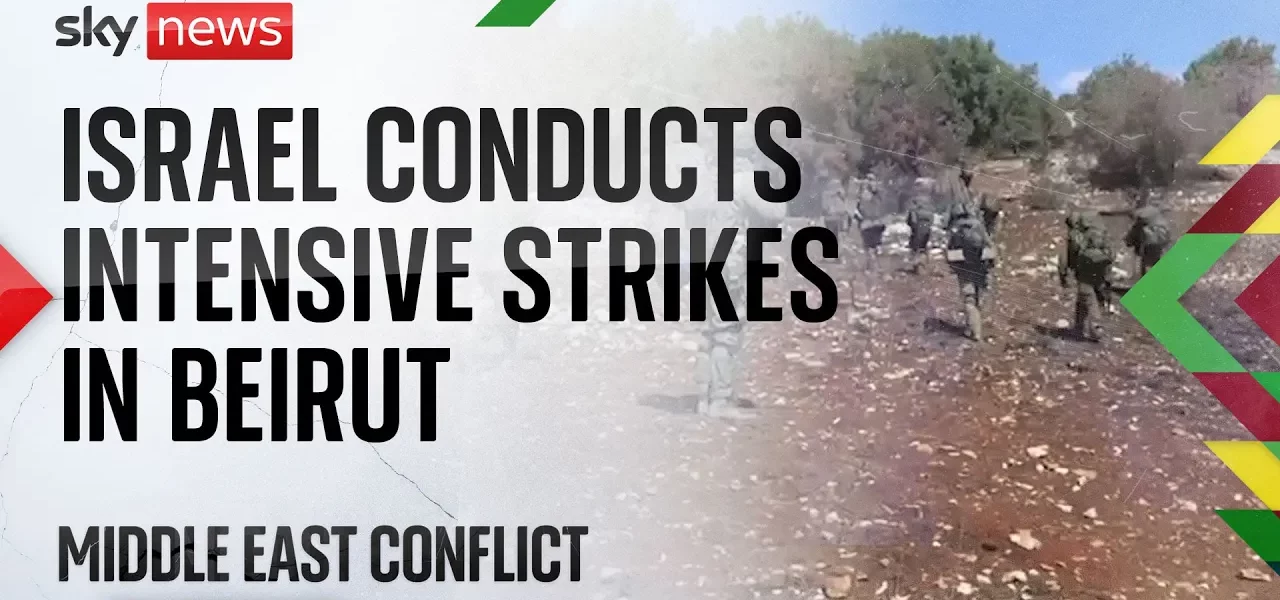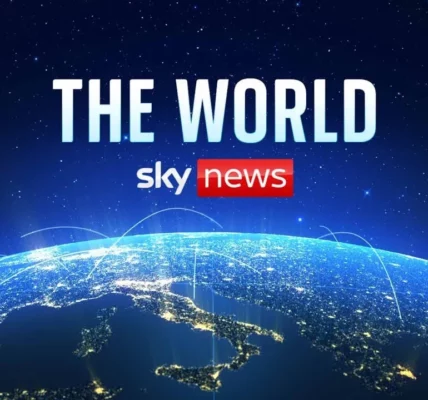Israel Conducts Intense Strikes Against Hezbollah in Lebanon

In a significant escalation of conflict, Israel has launched a series of airstrikes against Hezbollah positions in Lebanon. This article explores the recent developments, the humanitarian impact, and the geopolitical context surrounding the situation.
Introduction
As tensions rise in the Middle East, Israel’s military operations against Hezbollah have intensified, particularly in southern Lebanon. This article delves into the latest airstrikes, the casualties reported, and the broader implications for regional stability. The situation remains precarious, with humanitarian concerns growing alongside military actions.
Israeli Airstrikes on Hezbollah
Israel has conducted an extensive aerial campaign aimed at degrading Hezbollah’s military capabilities. This strategy is intended to minimize threats posed by the militant group, especially in urban areas such as Beirut. Recent reports indicate:
- Numerous airstrikes targeting Hezbollah positions.
- At least 28 health workers reported killed within the last 24 hours.
- Significant destruction in affected areas, including residential buildings.
The Israeli Air Force confirmed that its operations are focused on areas identified as Hezbollah strongholds, with an emphasis on precision strikes to minimize civilian casualties while achieving military objectives.
Casualties and Humanitarian Impact
The ongoing conflict has led to a tragic loss of life, particularly among civilians. Reports from the West Bank indicate at least 14 deaths following an Israeli airstrike on a Palestinian refugee camp. This raises serious humanitarian concerns:
- Increased civilian casualties due to military operations.
- Strain on healthcare resources, as hospitals become overwhelmed with injured individuals.
- Displacement of families as airstrikes destroy homes and infrastructure.
International organizations are calling for urgent humanitarian aid to the affected regions, emphasizing the need for protection of civilians in conflict zones.
Geopolitical Context and Reactions
The situation is further complicated by geopolitical dynamics involving Iran and the United States. President Biden has publicly stated that he does not anticipate an immediate Israeli retaliation for recent missile strikes. Key points include:
Iran’s Position
Iran has issued defiant statements pledging support for Hezbollah and vowing victory over Israel. Propaganda videos released by Iranian forces aim to showcase their military capabilities.
U.S. Involvement
The United States has played a critical role in bolstering Israel’s defense systems, helping to intercept incoming threats. Biden’s administration emphasizes advisory support rather than direct military involvement, stating:
“We advise Israel, and there’s nothing going to happen today.”
The Situation on the Ground
In northern Israel, the military is actively engaged in operations against Hezbollah. Key developments include:
- Deployment of additional ground troops into Lebanon.
- Continuous exchange of fire across the border.
- Local security forces expressing determination to protect their communities.
Residents in border towns face constant threats, with stories emerging of near-miss incidents from rocket fire, highlighting the urgent need for security and stability in the region.
Conclusion
The escalating conflict between Israel and Hezbollah represents not only a military struggle but also a humanitarian crisis that demands immediate attention. As airstrikes continue and casualties mount, the international community must respond with compassion and action. We encourage readers to stay informed about the unfolding situation and support humanitarian efforts aimed at alleviating the suffering of affected populations.
“`




